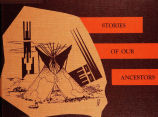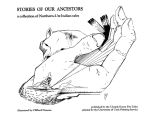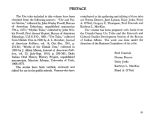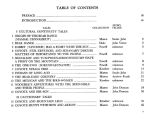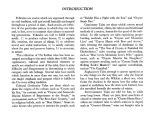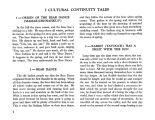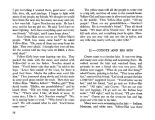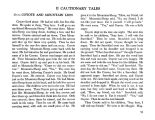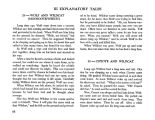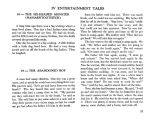| Title |
Stories of Our Ancestors, a collection of Northern-Ute Indian tales |
| Subject |
Indians of North America--Social life and customs; Indians of North America--Intellectual life; Oral histories; Oral history; Fiction; Ancestors; Tales; Bear dance; Sun; Coyote; Fire; Puma; Bow and arrow; Indigenous peoples--North America |
| Keywords |
Uintah-Ouray Ute Tribe; Rabit; Senawahv; Tumpweenaerogweenump; Bear-Ears' Country; Bird Women; Noochee; Cultural Continuity Tales; Cautionary Tales; Explanatory Tales; Folk tales; Entertainment Tales; Native Americans |
| Publisher |
Digitized by J. Willard Marriott Library, University of Utah |
| Language |
eng |
| Description |
This is a collection of Uintah and Ouray Ute stories. |
| Type |
Text |
| Format |
application/pdf |
| Rights |
Digital Image © 2009 America West Center. All Rights Reserved. |
| ARK |
ark:/87278/s6qc2zzq |
| Creator |
Uintah-Ouray Ute Tribe |
| Spatial Coverage |
Utah |
| Setname |
uaida_main |
| ID |
361415 |
| Reference URL |
https://collections.lib.utah.edu/ark:/87278/s6qc2zzq |

